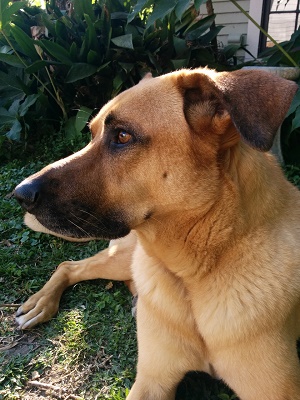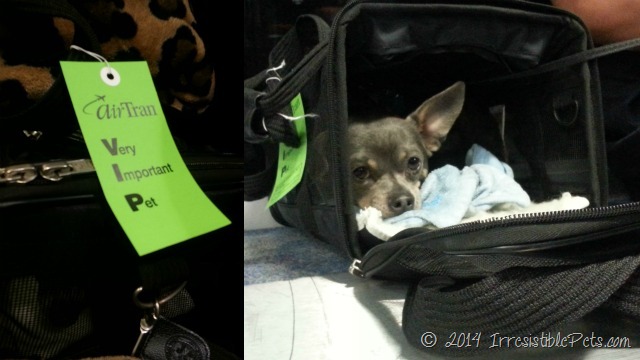Winter Hazards for Your Pets
Guest post by Lorie Huston, DVM
Besides the many hazards that come with the holidays, there are a few other hazards that winter, cold weather, snow and other situations create for your pets.
Holiday Hazards
The holiday season comes with its own risks for your dog or cat.
- Many of our favorite holiday foods pose a threat for our pets. Things like chocolate, macadamia nuts, grapes, raisins, onions and xylitol-containing sweets can be toxic when shared with our pets.
- Plants such as holly, mistletoe and lilies can be poisonous as well. Interestingly, poinsettias pose far less risk but seem to get more attention.
- Holiday decorations, such as ribbons and tinsel, can be dangerous if swallowed. Electrical cords can pose a threat for playful animals that mistake them for a toy. Likewise, batteries can be caustic if your pet bites into them.
Salt and Ice Melts
Many of us use salt or ice melts of some type to keep sidewalks and driveways navigable and free of ice. However, these substances can be irritating to your pets paws and even to his mouth and intestinal tract if licked off his paws.
Fortunately, there are pet-friendly ice melts that do not pose a threat. Use these products on your sidewalks and driveway instead of other products that are not made with pet safety in mind.
If you need to walk your dog in an area that does not use pet-friendly ice melt, clean his feet when you come indoors.
Antifreeze
Antifreeze is toxic to pets in even small doses. A teaspoon or two is enough to be fatal for a small dog or cat. Unfortunately, antifreeze has a sweet taste that dogs and even cats seem to enjoy. As a result, it is particularly dangerous.
Antifreeze affects your pet’s central nervous system and eventually his kidneys if ingested and essentially causes kidney failure. Though antifreeze toxicity is treatable, it needs to be treated immediately after ingestion if treatment is to be successful. Once your pet’s kidneys become damaged, treatment becomes much more difficult and is often not successful.
Store any unused antifreeze in a safe location out of the reach of your pet. Make sure your car is not leaking antifreeze.
Consider using “pet-safe” antifreeze products instead. “Pet-safe” products use propylene glycol instead of ethylene glycol as is used in regular antifreeze. Though these “pet-safe” products are less toxic than regular antifreeze, propylene glycol can still be toxic even though more must be ingested. Another alternative is the addition of a bitter-tasting agent to the antifreeze to mask the sweet flavor and make the antifreeze less attractive to pets.
Other Dangers in Inclement Weather
Needless to say, pets should not be housed or left outdoors for long periods of time in inclement weather. Frostbite and worse can occur for pets that are left outside in the cold for too long.
Photo credit Martina Rathgens at Flickr.com



To me this post seems to be a must read post for the Dog owners. Merry Christmas to all.